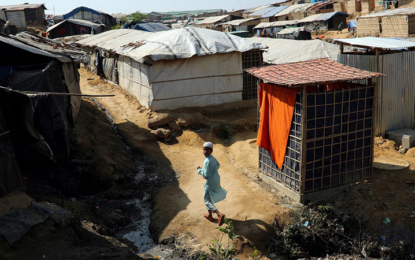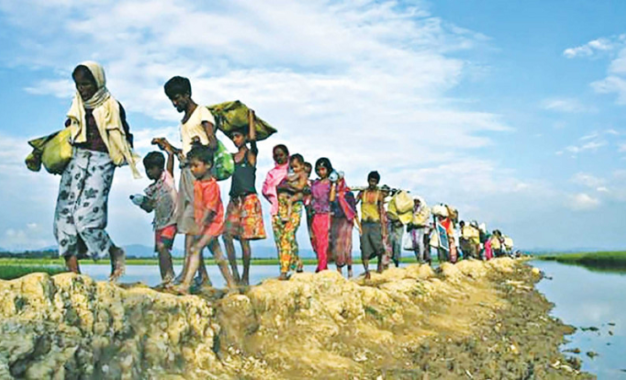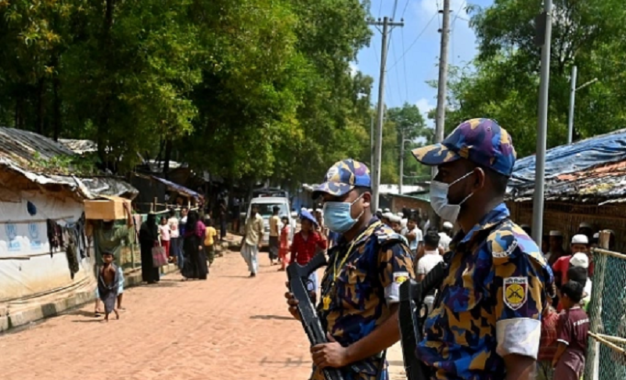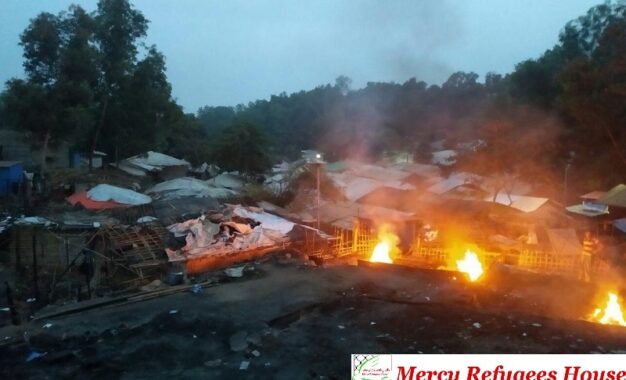Latest News
Now is the time to recognize the genocide in Burma
Bangladesh, Help Refugees, Human Rights, Myanmar, Refugees Issues, Religious Rights
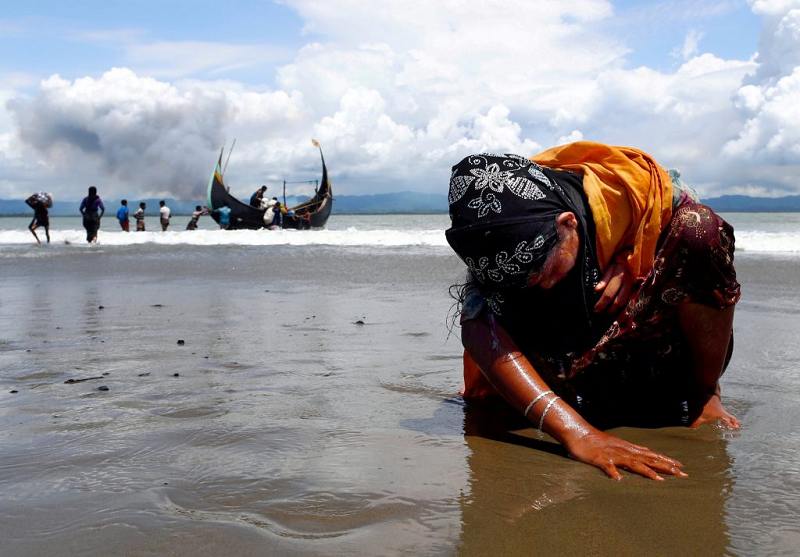
With Afghanistan grabbing global headlines, it’s easy to forget about another long-running crisis: the repression of Burma’s Rohingya Muslims. With the United Nations General Assembly (UNGA) getting underway, the high-level session provides an important opportunity for the United States and United Kingdom to place the topic back on the global agenda—by calling the crimes committed by the country’s military (the Tatmadaw) a “genocide.”
Multiple American and British administrations have debated the question. And in the meantime, Burma’s military junta has continued systematically attacking the Rohingya and other ethnic minorities. A military-led coup in February served as a further distraction. Calling the Tatmadaw’s actions a “genocide” before UNGA would remind the world about this crisis. It would also discourage future atrocities by heaping new pressure on the regime.
ALSO READ THIS: ROHINGYA ARTS AND CULTURE EXHIBITION STARTS IN DHAKA
Evidence of wrongdoing, aimed at destroying Burma’s Rohingya population because of its ethnic and religious identity, is plentiful. After extensive research, the US Holocaust Memorial Museum found “compelling evidence” that Myanmar’s military committed ethnic cleansing, crimes against humanity, and genocide against the Rohingya. Soldiers killed thousands, while some 700,000 Rohingya fled to Bangladesh. A US State Department report found the violence to be “extreme, large-scale, widespread, and seemingly geared toward both terrorizing the population and driving out the Rohingya residents.” It concluded that “the scope and scale of the military’s operations indicate they were well-planned and coordinated.”
While the persecution of the Rohingya is undoubtedly the military’s most egregious crime, the junta has also been carrying out atrocities against other ethnic and religious minorities in Burma, such as the predominantly Christian Kachin, Chin, and Karenni.
Amazon Sponsorship
Recent Posts
Jul 29, 2023
It has been close to six years since hundreds of thousands of Rohingya faced a deadly genocide by Myanmar’s military and fled the country in search of protection and refuge in neighbouring Bangladesh. The Rohingya population has been undergoing persecution, discrimination, arbitrary arrests, and atrocities in Myanmar for over seven decades. Their condition is alarmingly […]


